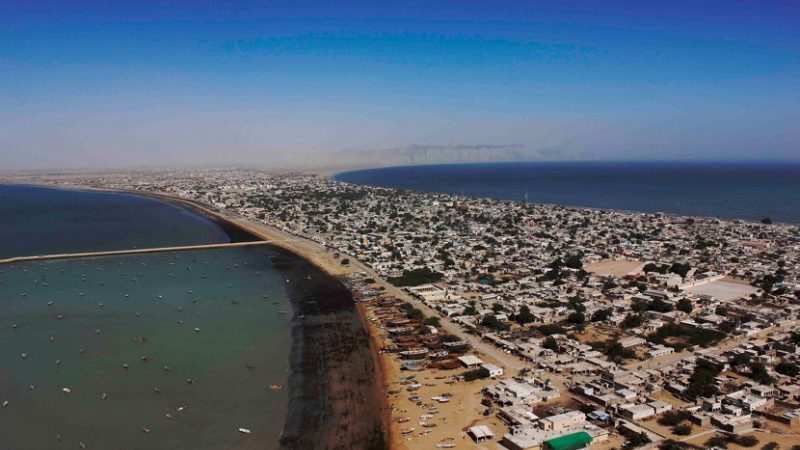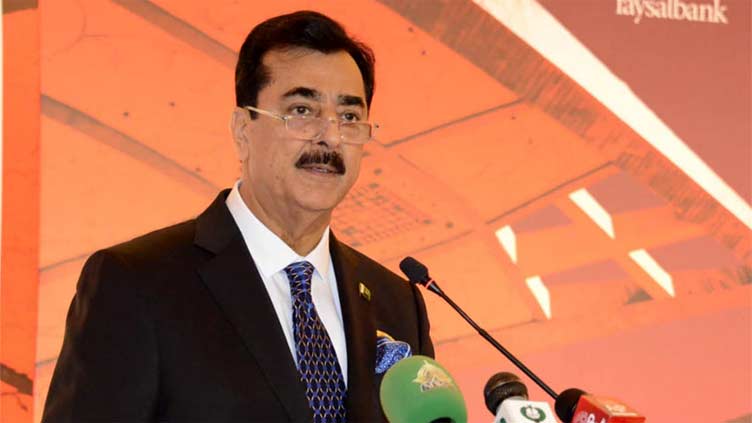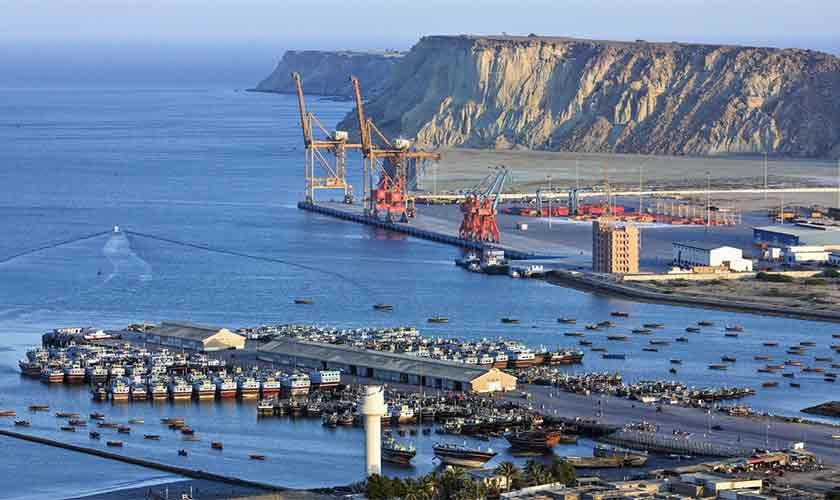





On October 15, 2024, Chinese Premier Li Qiang made his inaugural visit to Islamabad, where he pledged an upgraded version of the China-Pakistan Economic Corridor (CPEC) with an investment exceeding $65 billion. This announcement came during a ceremony where he inaugurated the New Gwadar International Airport alongside Pakistani Prime Minister Shehbaz Sharif, marking a significant milestone in the ongoing collaboration between the two nations [4fe38ee9].
Li emphasized the importance of deepening counterterrorism cooperation with the Pakistani military, particularly in light of recent attacks that have raised concerns about the safety of Chinese workers in Pakistan. His visit coincided with the 73rd anniversary of diplomatic relations between China and Pakistan, underscoring the long-standing partnership [4fe38ee9].
Senate Chairman Syed Yousuf Raza Gilani had previously highlighted the contributions of Chinese companies to Pakistan's economy, advocating for stronger regional cooperation and the expansion of CPEC's second phase. This phase aims to enhance bilateral cooperation in various sectors, including agriculture and industrial growth, and is expected to create over 2.3 million jobs by 2030 [ed1b985b].
The initial value of CPEC projects was around $62 billion, with China emerging as Pakistan's largest investor, having invested over $25.4 billion. Gilani's vision aligns with Li's commitment to further investment, which is crucial for Pakistan as it navigates economic challenges and seeks to revive key projects like the Main-Line 1 (ML1) railway modernization [e84cf692].
However, the geopolitical landscape remains complex, with the USA criticizing CPEC as part of China's strategy to dominate Asia, and India expressing concerns over the initiative. Pakistan's ability to balance its relationships with both China and the USA is essential for the successful implementation of CPEC projects [05a1e0a3].
Li's visit and Gilani's emphasis on regional cooperation reflect a growing recognition of the need for Pakistan to diversify its economic partnerships. The potential for trade normalization with India, while currently challenging, remains a topic of interest for future economic strategies. Stability in Afghanistan and improved relations with Central Asian states could unlock new trade routes, further enhancing Pakistan's economic prospects [fd682358].
In a broader context, CPEC serves as a strategic bridge not only for China and Pakistan but also for potential collaboration between the United States and Gulf Cooperation Council (GCC) countries. Pakistan's strategic location connects South Asia, Central Asia, and the Middle East, making it a pivotal player in global commerce. Enhanced transport and communication networks from CPEC can facilitate U.S. businesses' access to expanding markets in Asia, Africa, and Europe, while energy production from CPEC can stabilize global energy markets. This could lead to improved U.S.-Pakistan relations and allow GCC countries to diversify their economies through investments in CPEC [321f5169].
Critics argue that increased U.S. engagement in CPEC may legitimize China's ambitions, yet the initiative could redefine international trade and diplomatic dynamics, fostering cultural exchanges along the Belt and Road Initiative routes [321f5169].